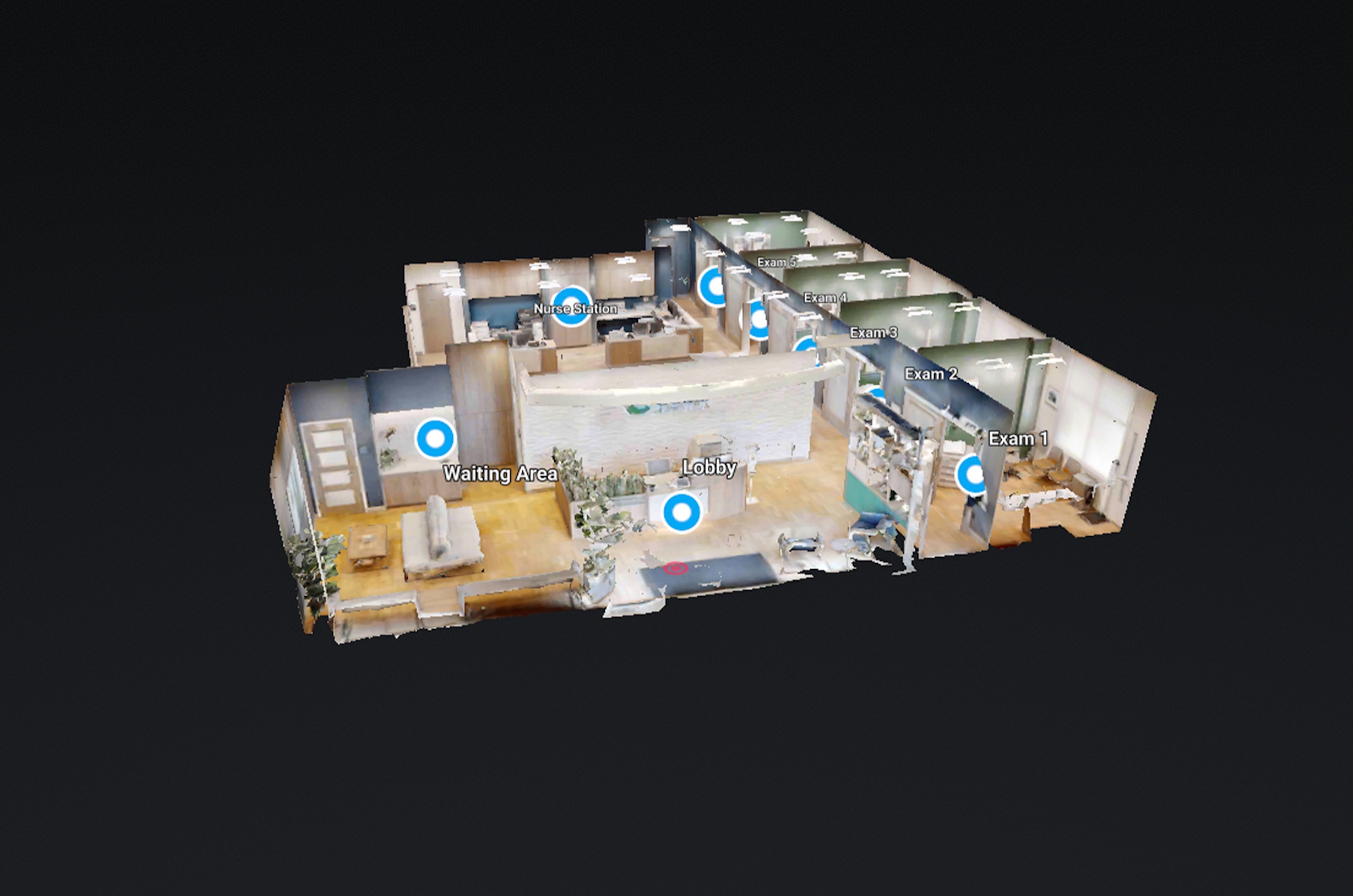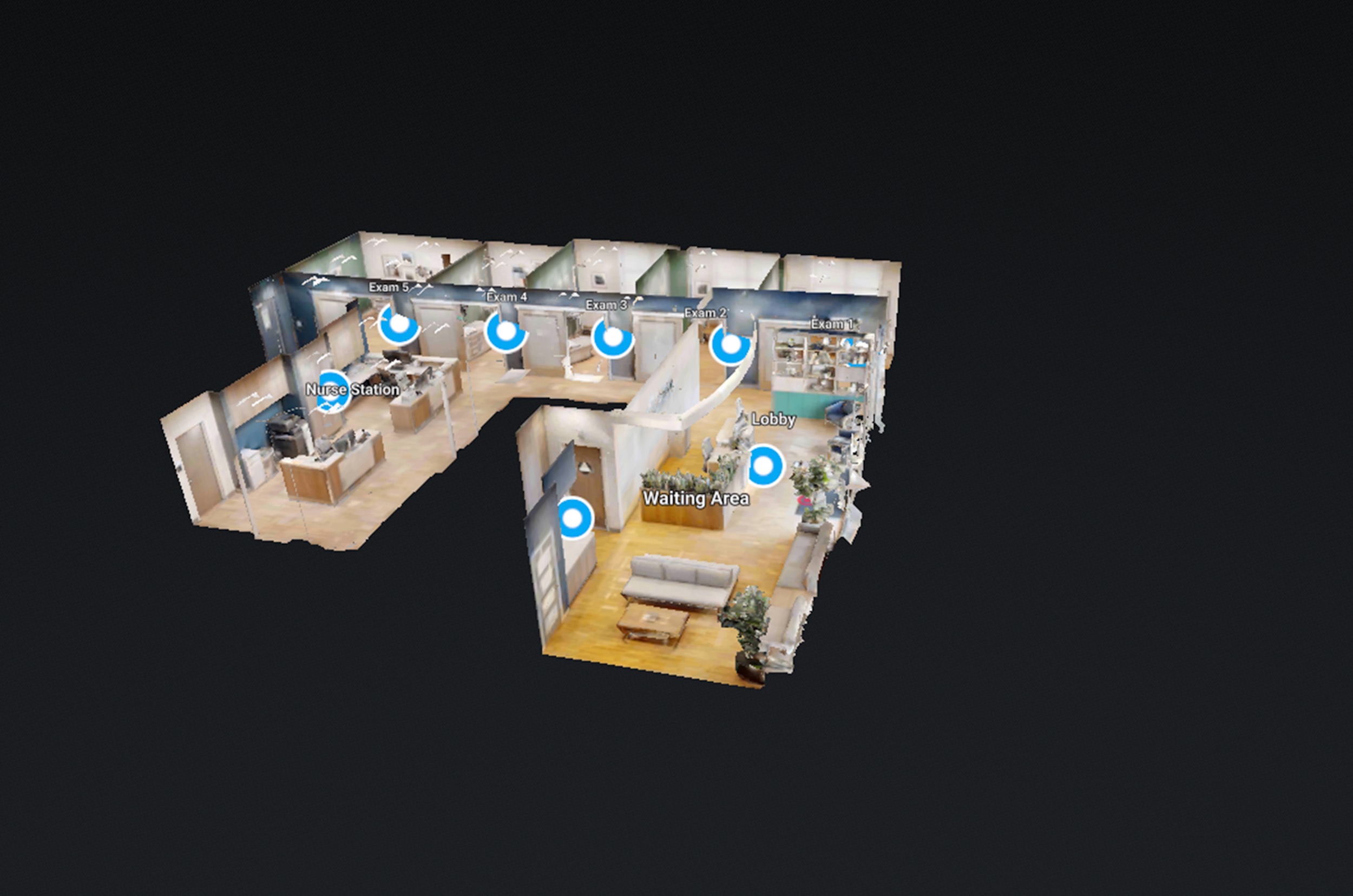Technology continues to revolutionize how we interact with the world around us, and the healthcare industry is no exception. Among the most innovative tools available today are 360 virtual tours—immersive experiences that allow patients and visitors to explore medical facilities from the comfort of their homes.
Beyond enhancing convenience, these virtual tours can significantly improve patient satisfaction, boost operational efficiency, and even assist in training healthcare personnel. This blog explores the unexplored potential of 360 virtual tours in medical buildings, offering fresh insights and practical advice for healthcare administrators looking to elevate their services.
Enhancing Patient Comfort and Reducing Anxiety
One of the primary benefits of 360 virtual tours is their ability to familiarize patients with the medical environment before their visit, thereby reducing anxiety. By providing a visual walkthrough of the facility, including waiting areas, consultation rooms, and even surgical suites, patients can mentally prepare for their visit.
This can be particularly beneficial for pediatric patients or individuals with anxiety disorders. To maximize this benefit, healthcare providers can offer guided virtual tours narrated by nurses or doctors, explaining what patients can expect during their visit
Streamlining Facility Navigation
Large medical facilities can be challenging to navigate, especially for first-time visitors. 360 virtual tours can serve as an interactive map, allowing users to explore and understand the layout of the building in advance.
This can significantly reduce instances of getting lost, leading to better time management and a smoother experience for both patients and staff. Implementing QR codes throughout the facility that link to specific sections of the virtual tour can further assist visitors in finding their way.
Marketing and Public Relations Opportunities
In an era where digital presence is key, medical facilities can leverage 360 virtual tours as part of their marketing strategy. These tours can showcase state-of-the-art equipment, modern amenities, and highlight unique aspects of care, helping to attract new patients and retain existing ones. Sharing virtual tours on social media platforms or integrating them into email marketing campaigns can enhance engagement and reach a broader audience.
Training and Onboarding Tool for Staff
Beyond patient interactions, 360 virtual tours can be a valuable resource for training and onboarding new staff members. They provide an interactive, self-paced learning tool that can help new employees become familiar with the facility layout, emergency exits, and department locations.
This can be especially useful in large hospitals or multi-specialty clinics where understanding the physical space is crucial for efficient operation.
Facilitating Virtual Consultations and Second Opinions
As telehealth becomes more prevalent, 360 virtual tours can complement virtual consultations. By allowing specialists to virtually navigate the facility, they can better understand the resources available when consulting on complex cases or providing second opinions. This integration can improve collaborative care and ensure that remote consultation services are as informed as possible.
Conclusion
360 virtual tours offer a wealth of untapped potential for medical facilities, transcending mere convenience and venturing into realms of enhanced patient experience, operational efficiency, and innovative healthcare delivery.
By adopting this technology, medical buildings can not only improve their service offerings but also strengthen their relationships with patients and staff alike. As the healthcare landscape continues to evolve, embracing such digital innovations will be crucial in meeting the changing needs and expectations of patients. Don’t miss out on the opportunity to transform your facility with the immersive power of 360 virtual tours.







